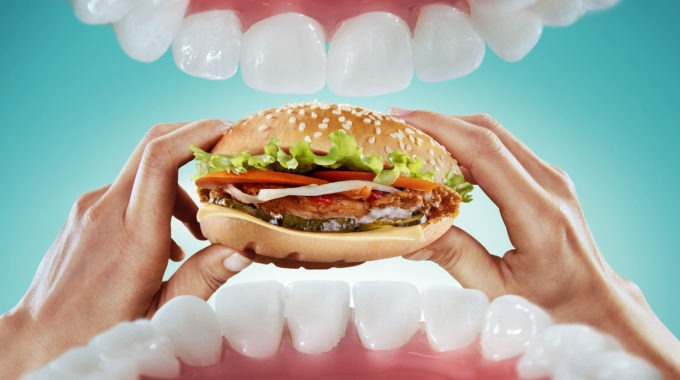Diet and teeth: myths, facts and stats
The ultra-low-carb keto diet was Australia’s most popular diet of 2020, with intermittent fasting not far behind. But beyond weight loss, how do these and other diets influence our dental health? Research platform DentaVox recently quizzed 1715 people on the most common myths and facts about diet and teeth, to find out if they agreed with the experts. See how your toothy wisdom stacks up to theirs.
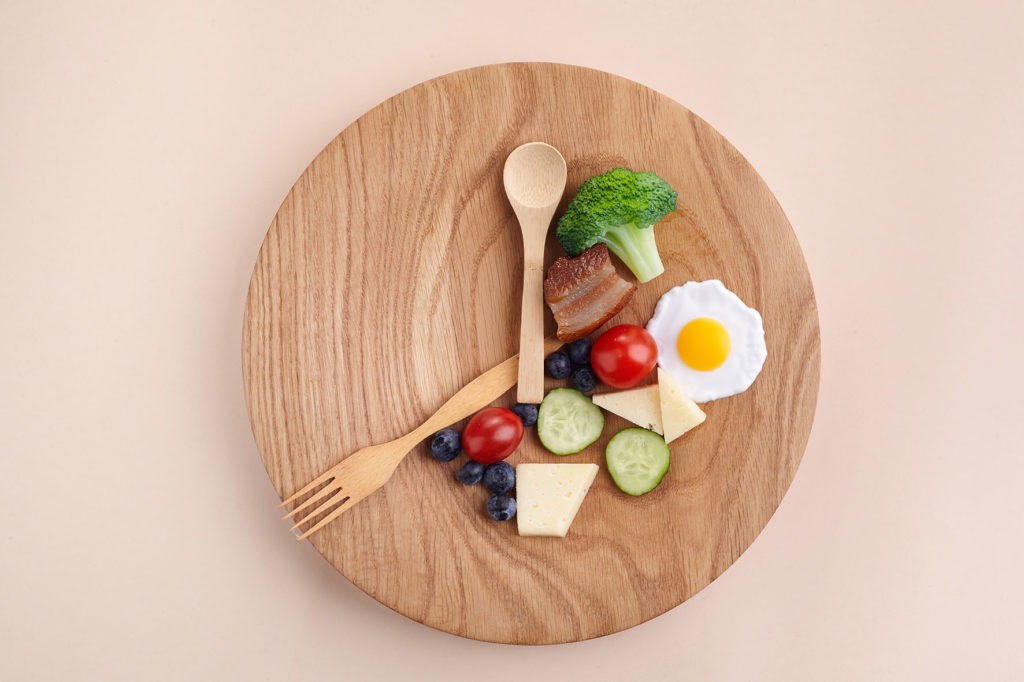
Intermittent fasting may reduce the risk of cavities: FACT
Intermittent fasting is a regimen where you cycle between periods of eating and fasting. There are several different ways to do this, such as eating for eight hours and fasting for 16, or restricting calorie intake to 500 or 600 calories for two days of the week, and then eating normally for the other five days.
So can it reduce cavities? According to 48 percent of DentaVox survey respondents, the answer is yes. And experts agree. The main reason? Not exposing your teeth to food acids for part of the day gives your teeth a break from fighting cavity-causing bacteria.
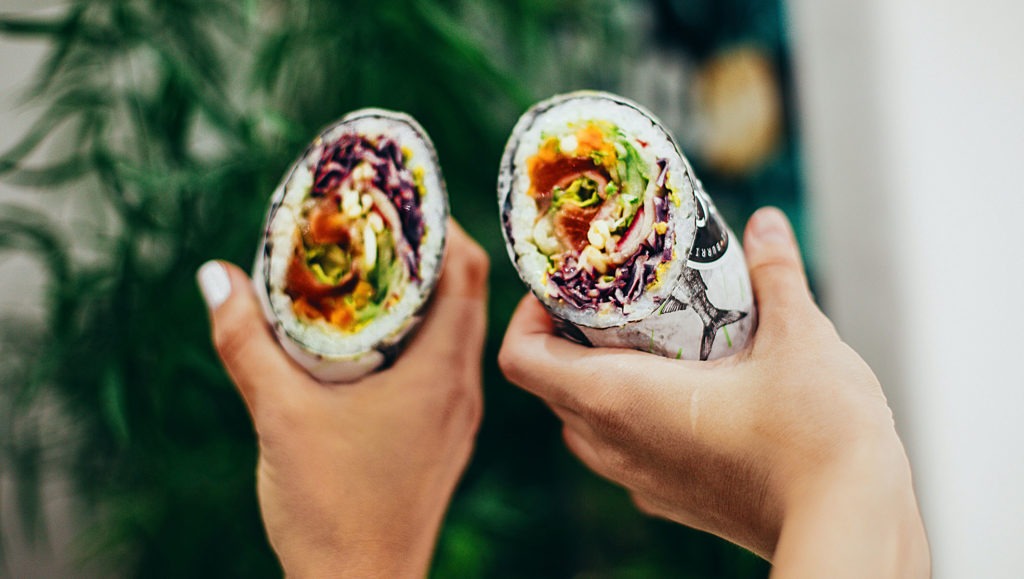
The vegan diet is bad for oral health: MYTH
From a very young age, children know that milk, cheese and yoghurt are friends to their teeth due to the calcium content these foods contain. Does that mean that vegans are destined to have rotten teeth? One-quarter of DentaVox respondents thought so.
But this is a myth that can only become true if vegans don’t pay attention to the nutrients in the food they eat. In fact, almost all crucial nutrients your teeth need can be obtained from vegan products, too. Here are some examples.
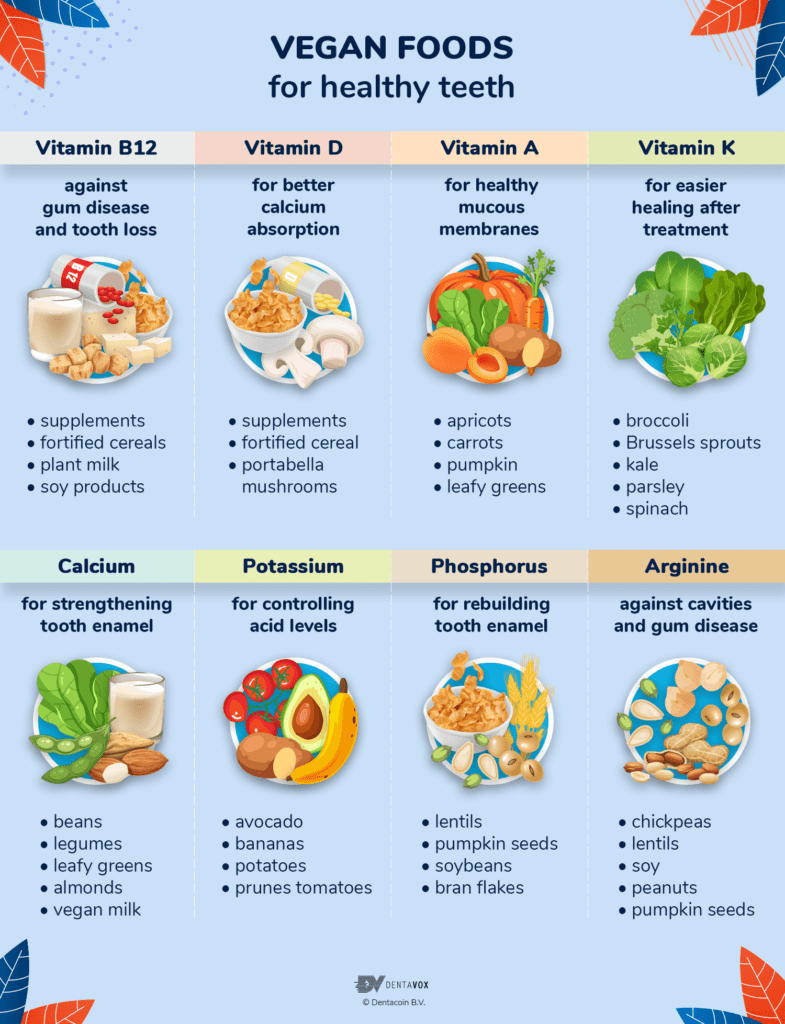
The coffee diet can lead to enamel erosion: FACT
The coffee diet has become a hit in recent years, and while its name might be misleading, it doesn’t advocate subsisting on coffee only. Instead, it involves drinking at least three cups of coffee every day while restricting calorie intake and eating mostly whole foods like vegies and grains. The diet promises a boosted metabolism, suppressed appetite and fat burning.
Although this particular diet’s impact on body weight is yet to be scientifically proven, one thing is for sure: drinking large amounts of coffee could lead to enamel erosion, and more than half of DentaVox survey respondents correctly recognised this. Too much coffee can also lead to bad breath and stained teeth. Doctors recommend drinking plenty of water if you decide to give this diet a go – it helps to protect your teeth from the high acid levels while also keeping you hydrated and the death breath at bay.
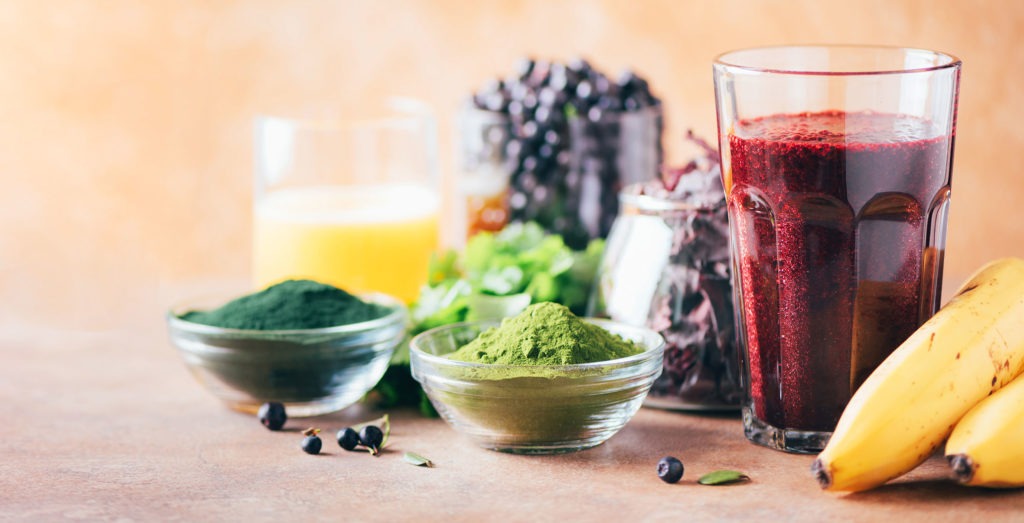
The alkaline diet ensures high mouth pH: FACT
The alkaline diet restricts acidic foods like grains, sugar, dairy, fish and meats, and relies on highly alkaline foods (pH>7) such as fresh fruits and vegies, beans, lentils, nuts and oils. The claim is that by removing acidic foods you can improve your health, and some say it can even help to fight diseases like cancer, but this has not been scientifically proven.
Over half of DentaVox survey participants believed the alkaline diet to be helpful in improving pH levels, and they were right. The pH level measures your acid/alkaline balance and it should be 6.2-7.6 to keep your teeth and gums healthy.
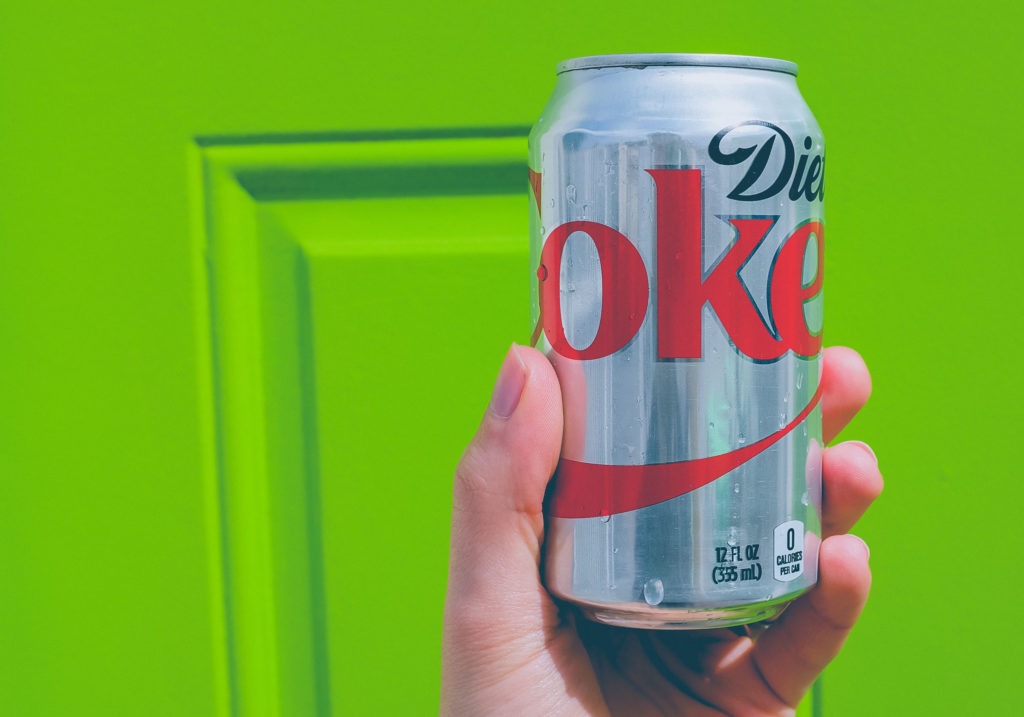
Diet drinks are better for teeth: MYTH
While they don’t contain any sugar, diet drinks are no better than normal soft drinks. But almost half of all DentaVox survey respondents still believe this myth.
In fact, it’s not only sugar that damages your teeth. Fizzy drinks are highly acidic, regardless of the sweetener used. Over time, sugar-free drinks can cause just as much tooth erosion and cavities as sugary drinks. So stick with water when you can.
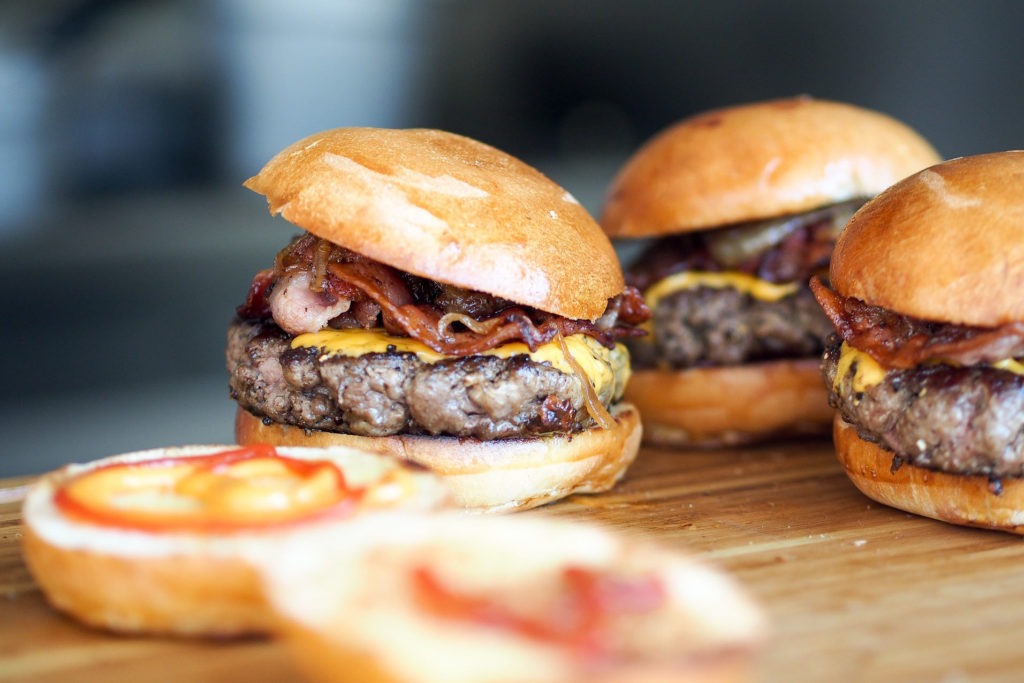
Fast food has a negative impact on teeth: FACT
It’s common knowledge that fast food is bad for your health, and has been linked to problems like type 2 diabetes and heart disease. But what about fast food and oral health? Sixty-five percent of survey participants agreed that the fast-food diet harms teeth as well, and experts certainly agree. Check out the main reasons below.
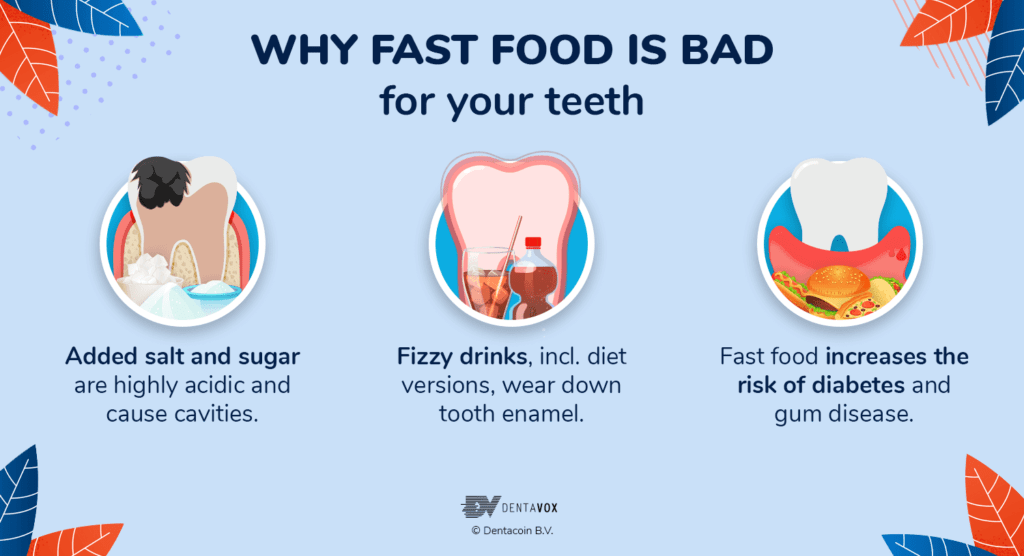
A gluten-free diet helps with absorbing calcium: MYTH
There may be other benefits to following a gluten-free diet, but absorbing calcium better is not one of them. The majority of DentaVox survey participants (53%) were not aware of this.
Research shows that coeliac disease – which requires a completely gluten-free diet – is often accompanied by calcium deficiency. Coeliac disease causes damage to the lining of the gut, which reduces the absorption of nutrients, including calcium. With non-coeliac gluten sensitivity, absorption of calcium is not compromised, but you still need to pay close attention to getting the right amount of calcium and other nutrients through food.
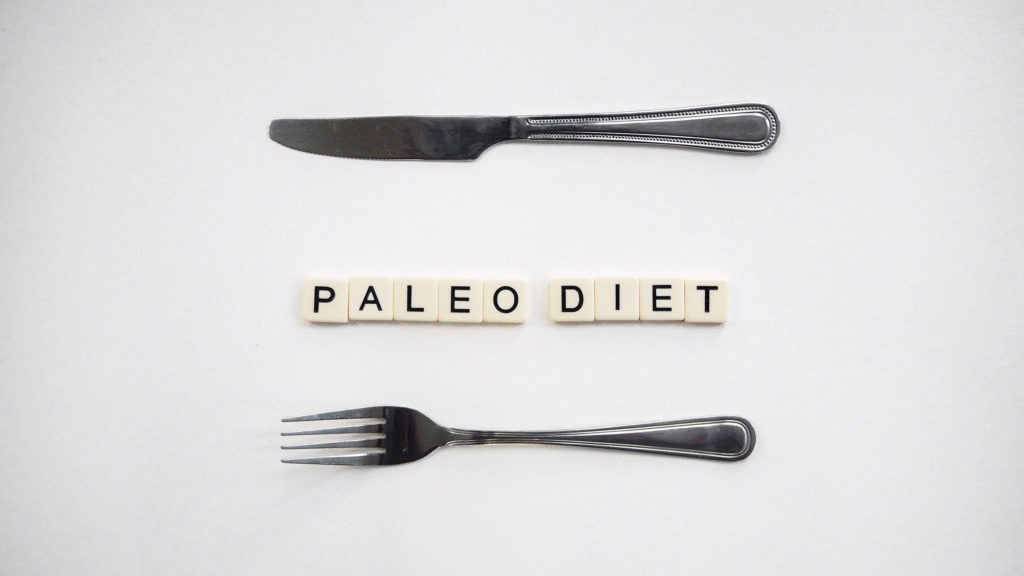
The paleo diet is related to “sticky” teeth: FACT
The paleo diet promotes eating anything that our hunter-gatherer ancestors ate. It’s a predominantly whole-food and plant-based approach, but allows for lean meats and fish. This diet restricts sugary and starchy foods, which makes it good for your teeth’s health.
One potentially bad thing about the paleo diet is that limiting grains usually leads to eating more fruits to get the carbs you need, which can cause “sticky” teeth. Make sure you consume large amounts of water and maintain good oral hygiene to avoid any problems.
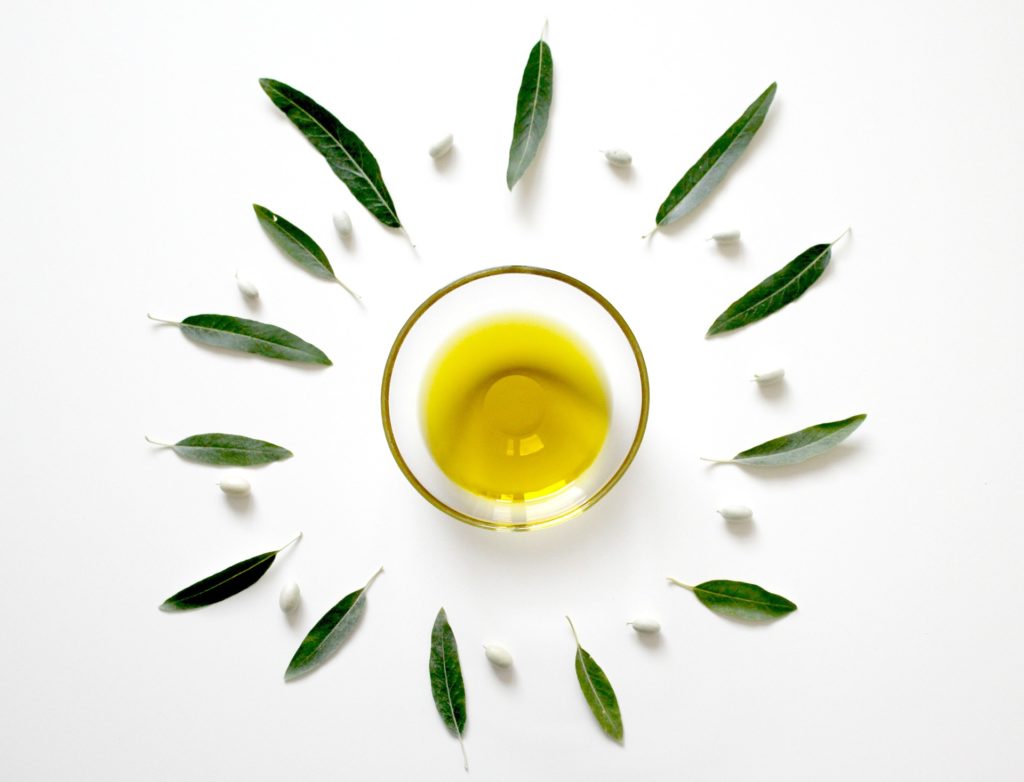
Olive oil prevents bacteria from attaching to teeth: FACT
Almost 60 percent of survey participants correctly recognised that olive oil – the star player in the Mediterranean diet – can hinder bacteria from sticking to your teeth.
Researchers at the University of Madrid wanted to investigate why people who lived near olive oil manufacturing plants had low rates of tooth decay and gum disease, and discovered that olive oil contains an antibacterial compound called oleuropein. Olive oil also coats teeth in a film of fat molecules, which can prevent plaque from forming.
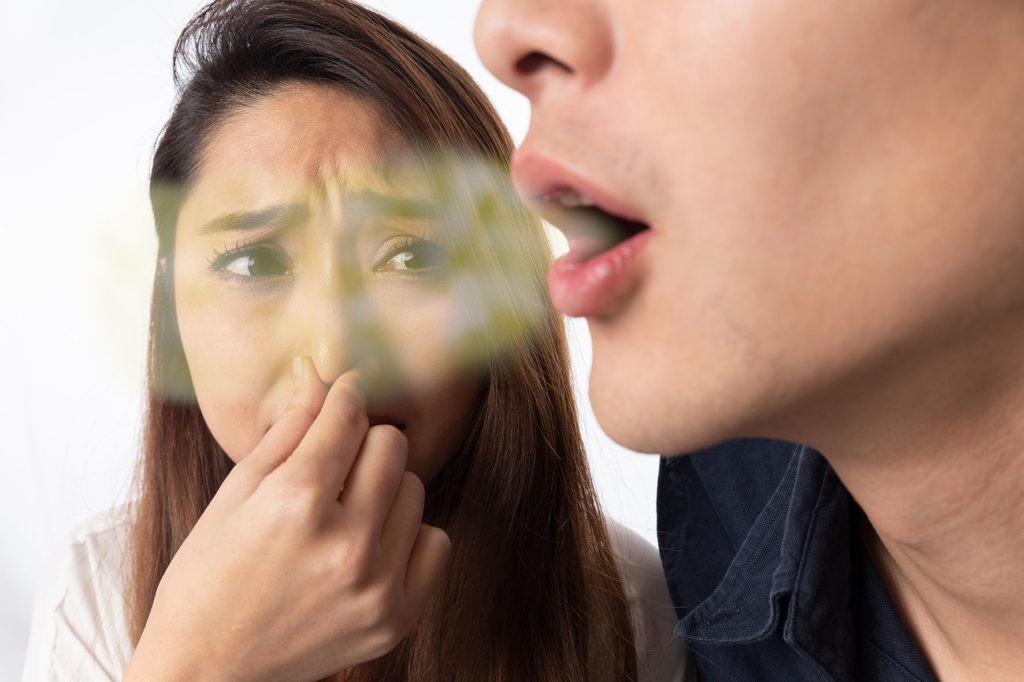
The ketogenic diet can lead to bad breath: FACT
Forty-two percent of survey respondents agreed that the keto diet can lead to bad breath. And this is a fact. The ketogenic diet cuts down on carbohydrates, making the body burn fat instead of carbs. This leads to the development of ketones – natural chemicals our body produces that are then released through breathing and urination.
In an ordinary diet, the release of ketones isn’t strong enough to be noticeable, but when you’re on the keto diet, the body enters an extreme fat-burning mode, leading to more ketones being released, and to breath that smells distinctly “fruity”. Some people even report breath that smells like nail polish remover, which is caused by the ketone acetone.
Drinking plenty of water or chewing gum can help you deal with the issue temporarily, but many report that “keto breath” subsides after you’ve been on the keto diet for a while.


